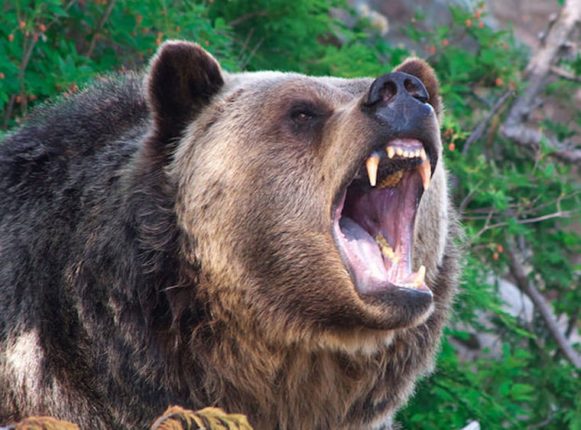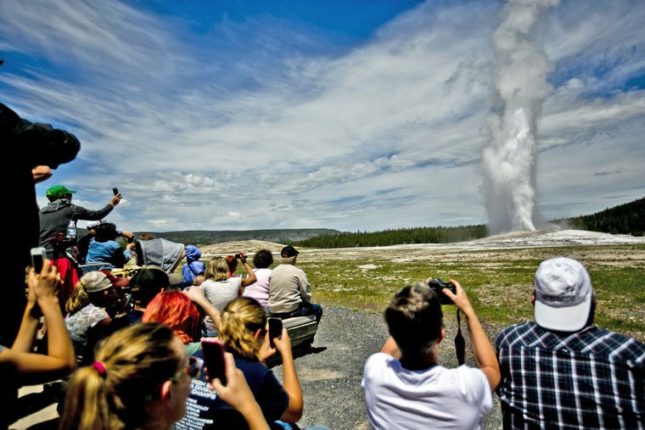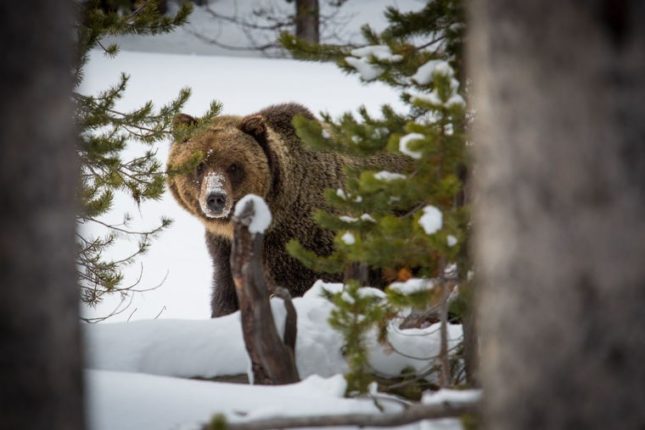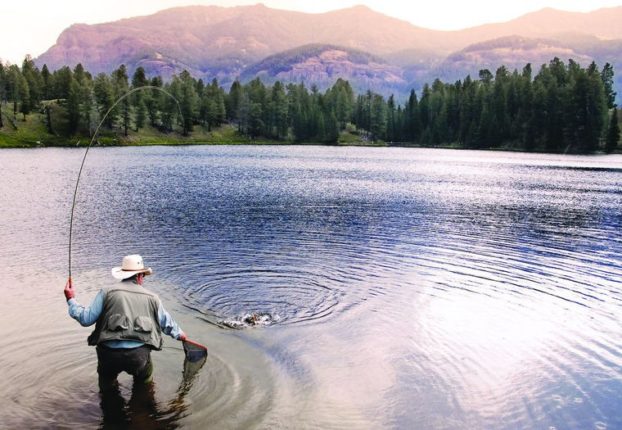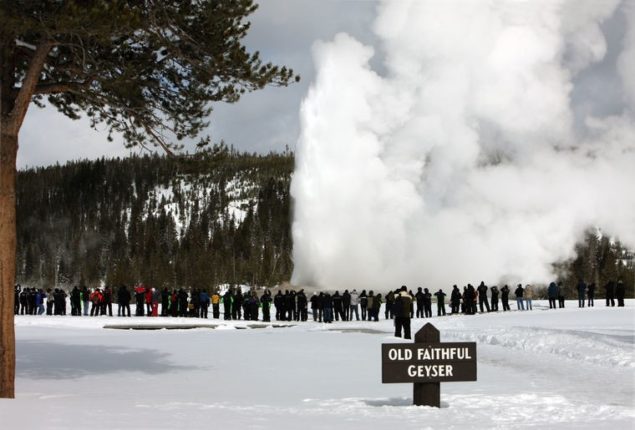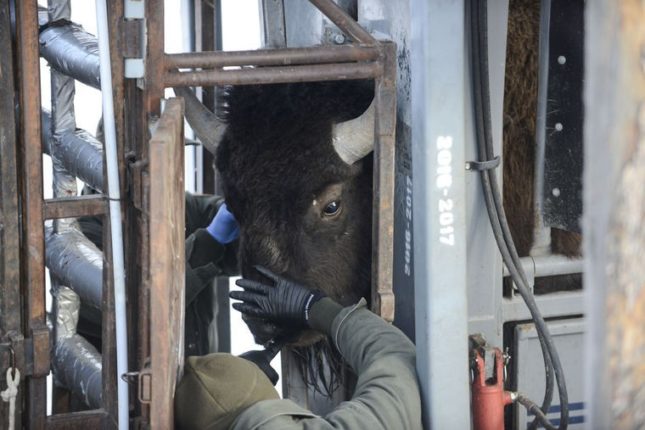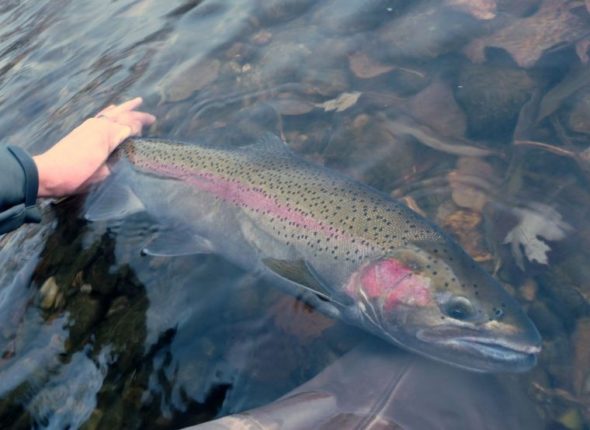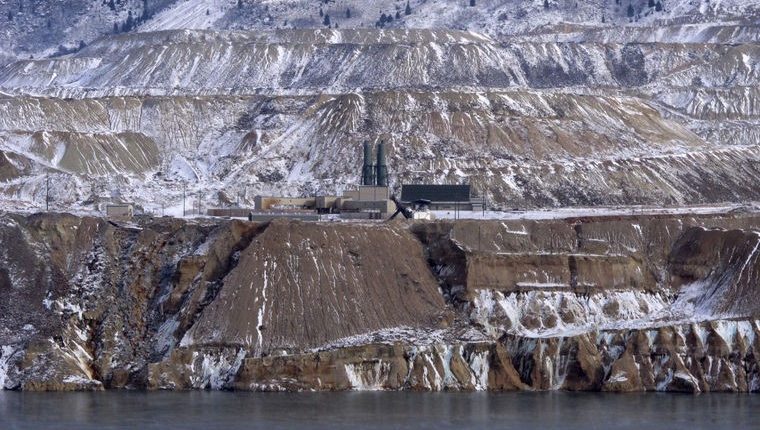BUTTE, Mont. (AP) — A plan appears to be advancing to clean up cleanup of toxic waters at a former open pit copper mine where at least 3,000 migrating snow geese died when they landed in metal-laden water in 2016.
Montana Resources on Monday announced the plan that will eventually discharge treated water from the Berkeley Pit in Butte into Silver Bow Creek, The Montana Standard reports .
Atlantic Richfield officials say the goal is to slow down and eventually stop the rise of the water level in Berkeley Pit, which was declared a Superfund site in 1983.
Currently, the Horseshoe Bend Water Treatment plant is treating water that would otherwise seep into the pit, which holds about 50 billion gallons of heavily acidic, metal laden water. Montana Resources uses the treated water in its nearby copper mine’s milling operations and discharges it into a tailings pond.
Mark Thompson, Montana Resources’ vice president for environmental affairs, said a pilot project to start within the next year will divert the seep water directly to the tailings pond.
About 3 million gallons of water per day will be pulled from the pit into MR’s precipitation plant, which uses iron to recover copper from the water. The mine expects to recover 100,000 pounds of copper per month from the water, Thompson said.
After the copper is removed, the water will be run through the Horseshoe Bend plant to remove other contaminants and neutralize its acidity. That treated water will be used in Montana Resources milling operations before also being discharged into the tailings pond to settle out.
A temporary polishing plant will be built near the tailings pond to further treat at least 7 million gallons of water each day from the pond. The water will be discharged into nearby Silver Bow Creek.
Thompson said the project will run for 3 or 4 years and then reviewed to determine if it should be made permanent.
Montana Department of Environmental Quality Project Manager Joel Chavez, who spent 16 years rebuilding lower Silver Bow Creek, said he planned for the additional flow when the state began removing metals from the lower stretch of the creek. He doesn’t anticipate the additional water would create problems, such as erosion, downstream.
Matt Moore, Butte-Silver Bow Metro Sewer operations manager, said the additional water will benefit aquatic life and “make a nicer, more robust creek in the middle of our town.”
___
Information from: The Montana Standard, http://www.mtstandard.com
